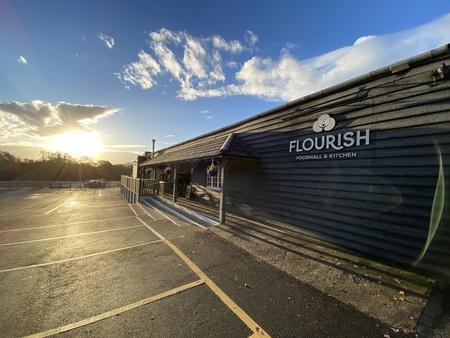In case you missed it see what’s in this section
Let's Talk
Your Total Guide To motoring
Essential costs to consider as a new driver
As a new driver, it's easy to get caught up in the purchase price of your vehicle. But there are many other expenses to think about before you hit the road. Understanding the true cost of car ownership should help you avoid unexpected bills and manage expectations going forward. These are the essentials to consider.
Car insurance
One of the first and most important costs you need to think about is insurance. When taking out car insurance, you'll often find the premiums are higher for new drivers, especially if you're under 25. Insurers consider younger drivers to be higher risk, which can push premiums up.
To save money, it’s worth considering a few strategies: drive a modest, lower-powered vehicle, build up a no-claims discount or choose a higher voluntary excess. Keep in mind that the cheapest policy isn’t always the best – balance cost with coverage to ensure you’re adequately protected in case of an accident.
Taking out insurance is non-negotiable, but doing some research often helps you get the best deal.
Fuel costs
Fuel may be another significant ongoing expense. The amount you spend will depend on the type of car you drive and how much you use it.
Smaller vehicles with efficient engines typically have lower fuel consumption than larger ones, which can help you save in the long run. But you don’t have to stick to petrol if you're willing to explore alternatives. Electric cars might offer savings depending on your driving habits and charging capabilities.
To further reduce costs, try to drive more efficiently. You can do this by keeping your tyres properly inflated, avoiding rapid acceleration, not driving too fast and combining trips when you can.
Maintenance and servicing
Cars need regular maintenance to stay running smoothly. Budgeting for servicing should help you avoid bigger repair costs down the line.
Check your car’s manual for recommended service intervals, and try to stick to them as best as possible. Regular oil changes, brake checks and tyre rotations may seem like small tasks, but they can extend the life of your vehicle and its parts.
You can do some DIY maintenance to save money. But take your car to a trusted mechanic for an annual check-up to catch potential issues early.
Repairs and emergencies
Even with regular maintenance, things can go wrong. Whether it’s a flat tyre or an issue with the engine, unexpected repairs often set you back financially. It's worth having an emergency fund specifically for these situations, if you can.
The cost of calling out roadside assistance is significant if you don't have breakdown cover. Annual policies are relatively inexpensive but could save you a lot of hassle.
If you're on a tight budget, opting for a used car with a lower value and reputation for reliability might save you from frequent and expensive repair bills.
Road tax, MOTs and other legal requirements
Finally, don't forget the legal side of car ownership. Paying for road tax and MOT tests will add to your outgoings every year.
Road tax depends on your car’s CO2 emissions, so more environmentally friendly cars usually have a lower rate. MOT tests can't cost more than £54.85, but failing the test can lead to expensive repairs.
Keep track of when these deadlines are approaching and set aside money in advance to avoid any last-minute surprises.
Weather in Bath
Listings
















